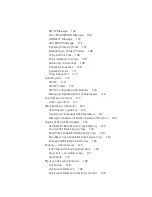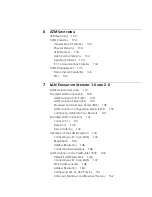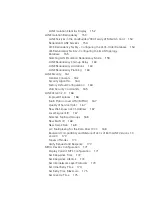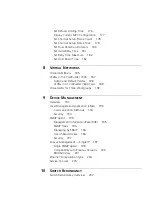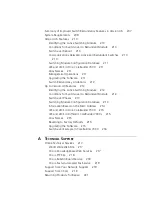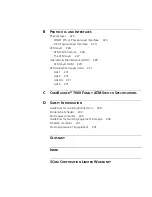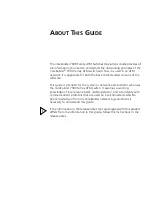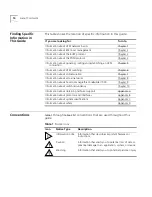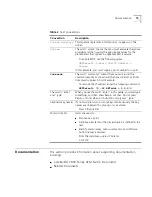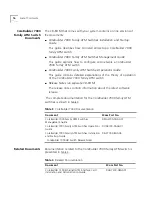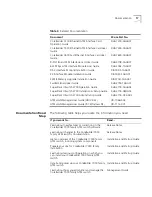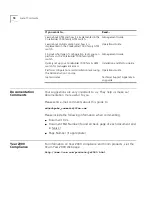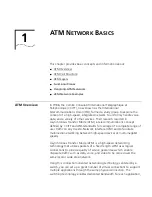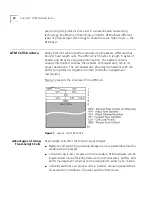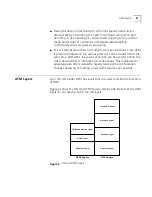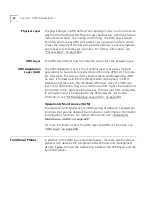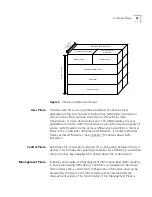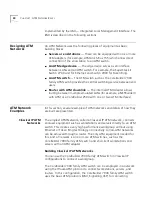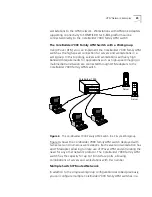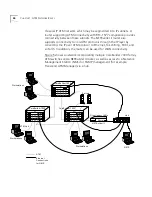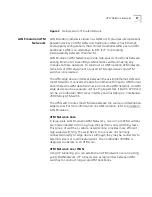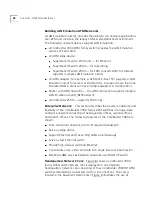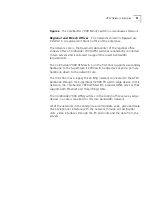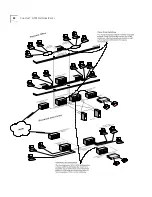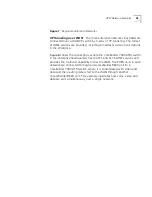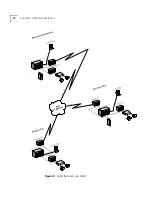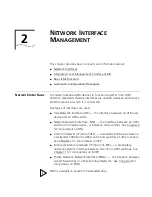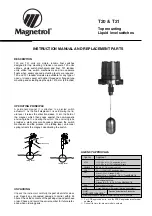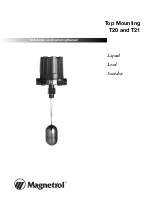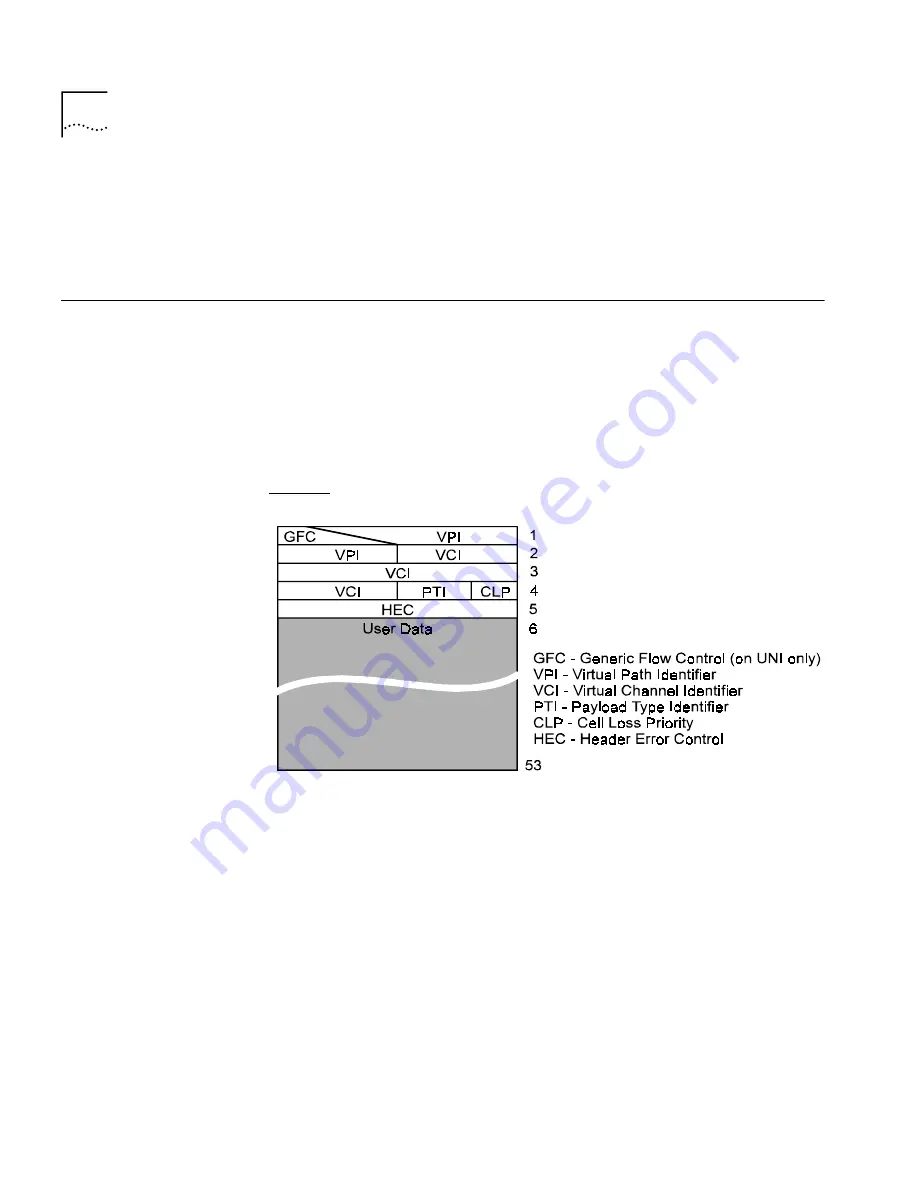
20
C
HAPTER
1: ATM N
ETWORK
B
ASICS
overcoming the problems that exist in a shared-media networking
technology, like Ethernet, Token Ring, and FDDI. ATM allows different
types of physical layer technology to share the same higher layer — the
ATM layer.
ATM Cell Structure
Unlike Ethernet which transfers variable length packets, ATM switches
transfer fixed length cells. The ATM cell is 53 bytes in length: 5 bytes of
header and 48 bytes of payload information. The header contains
enough information to allow the network to forward each cell to its
proper destination. The cell header also provides the network with the
ability to implement congestion control and traffic management
mechanisms.
Figure 1 presents the structure of the ATM cell.
Figure 1
Layout of the ATM Cell
Advantages of Using
Fixed-Length Cells
Fixed-length cells offer the following advantages:
Network and switching queueing delays are more predictable than for
variable-length packets.
Cell switching is less complex and more reliable. ATM hardware can be
implemented more efficiently because control structures, buffers, and
buffer management schemes can be designed to known size criteria.
Cell-relay switches can process cells in parallel, achieving speeds that
far exceed the limitations of packet switch architectures.
Summary of Contents for CoreBuilder 7000
Page 12: ......
Page 30: ...30 CHAPTER 1 ATM NETWORK BASICS...
Page 32: ...32 CHAPTER 1 ATM NETWORK BASICS...
Page 34: ...34 CHAPTER 1 ATM NETWORK BASICS Figure 8 LANE Network over WAN...
Page 96: ...96 CHAPTER 4 PRIVATE NETWORK TO NETWORK INTERFACE PNNI VERSION 1 0...
Page 184: ...184 CHAPTER 7 LAN EMULATION VERSIONS 1 0 AND 2 0...
Page 206: ...206 CHAPTER 9 DEVICE MANAGEMENT...
Page 222: ...222 APPENDIX A TECHNICAL SUPPORT...
Page 234: ...234 APPENDIX B PROTOCOLS AND INTERFACES...
Page 238: ...238 APPENDIX C COREBUILDER 7000 FAMILY ATM SWITCH SPECIFICATIONS...
Page 242: ...242 APPENDIX D SAFETY INFORMATION...

